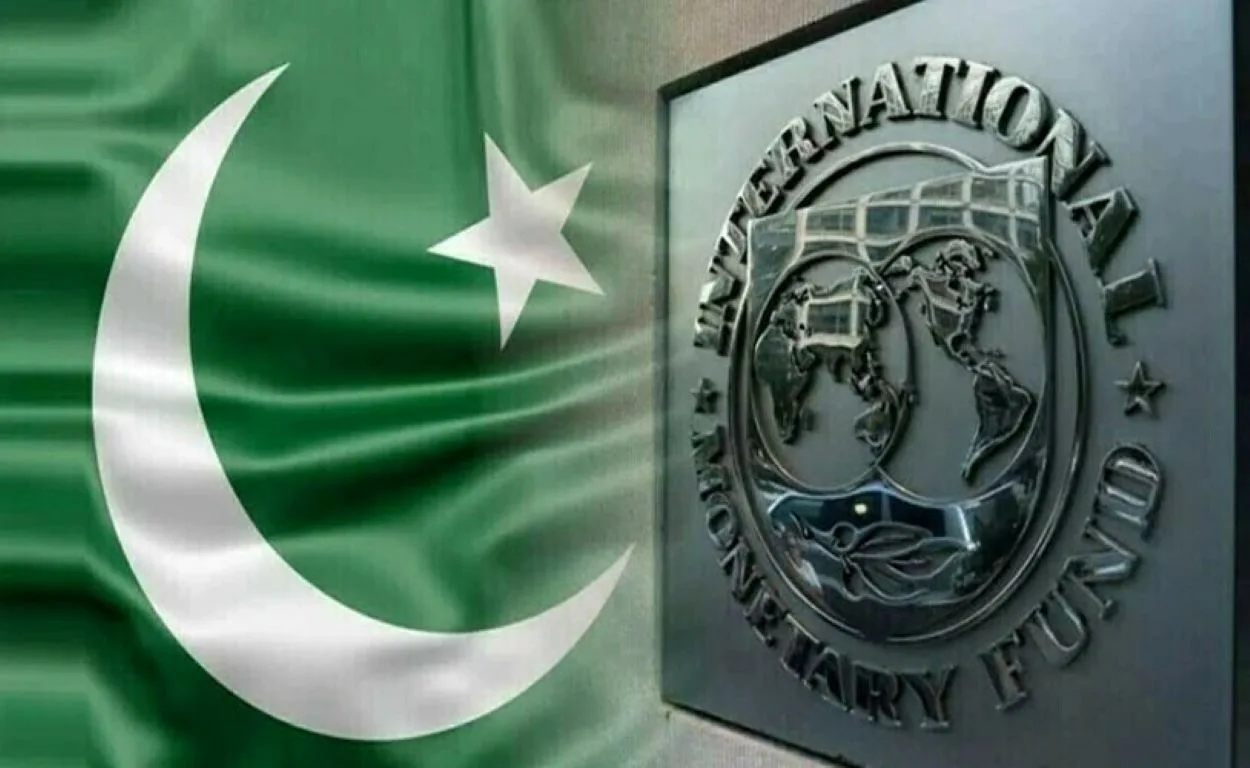The impending $3 billion Standby Arrangement (SBA) program facilitated by the IMF may face heightened risks, given the potential for an extension in the duration of the caretaker setup after the recent approval of the 7th Population and Housing Census.
The upcoming delimitation activity, set to commence post the CCI green light and the official gazette notification of the pioneering digital population census, hints at a probable election deferment exceeding the usual three-month window.
The intricate process of delimitation demands around four months, with an additional two months dedicated to executing the election protocol. Given this, the interim caretaker government’s tenure might witness an elongation, potentially stretching to a minimum of six months to seamlessly facilitate the political transition phase.
The Revised CDMP
On a parallel note, the Cabinet Committee on Energy (CCOE) has endorsed the updated Circular Debt Management Plan (CDMP). Following its approval from the central federal cabinet, this revised plan is slated to be presented to the IMF.
The revamped CDMP envisions prompt consumer charges for quarterly tariff and fuel adjustments post the initial tariff increase, thus eliminating any indiscriminate subsidies across sectors.
A senior government representative confirmed the CCOE’s nod, mentioning that the IMF would receive the plan post-cabinet sanction. He further indicated their commitment to timeliness, ensuring that major deadlines, such as the one ending in July 2023, won’t be overlooked.
The IMF’s reaction to the adjusted CDMP remains under speculation, primarily focusing on their acceptance of the proposed goals. A mutual understanding of the targets, coupled with their effective execution, is imperative to curb the spiralling circular debt within the fiscal year’s predetermined confines.
The SBA Program and Financial Roadmap
Concerning the IMF’s stance, the $3 billion SBA initiative was originally perceived to span three distinct governmental periods. The initial disbursement, amounting to $1.2 billion, has already been processed during the Pakistan Democratic Movement (PDM) led government.
The first review phase was anticipated to be grounded on the Q1 economic data, paving the way for the IMF’s evaluation mission to Islamabad by late October.
Should all benchmarks be achieved, the IMF board might contemplate green-lighting a $700 million second instalment by December 2023. The subsequent review was projected for February 2024, culminating in the SBA initiative by early 2024.
However, the speculated extension in the caretaker government’s mandate may place them at the forefront, bearing the onus of accomplishing all stipulated criteria. The IMF could intensify its oversight of all pivotal financial targets in such a scenario.
Completing the SBA program in its entirety remains crucial for Pakistan. It’s about concluding the current plan and preparing for an extended-term IMF initiative post-early 2024, ensuring Pakistan effectively addresses the challenges of settling its foreign debts.






